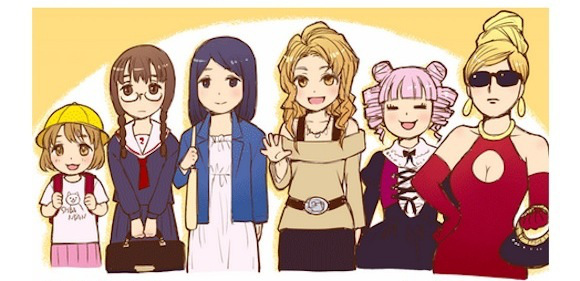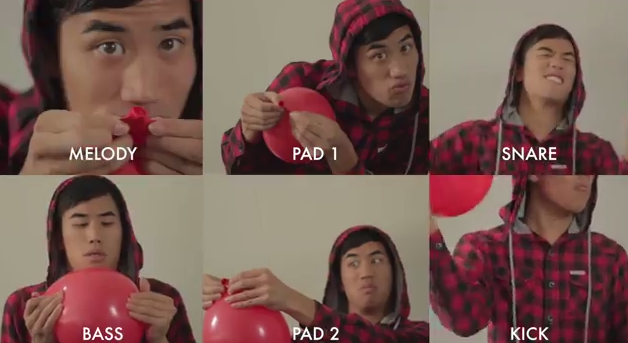No matter what a woman wears, she is never “asking” for sexual assault. No matter what. So whenever someone tells me I shouldn’t dress a certain way lest I attract unwanted male attention, it’s enough to send me into a angry rage about why they’re wrong.
This is undoubtedly why the Japanese artist who goes by Twitter username @Nakashima273, faced a lot of criticism for his controversial illustration. In the illustration, he shows 6 females of different height, age, and clothing choice. He then goes on to explain which types of women are more targeted for sexual assault and why. As you can expect, his piece was met with an explosion of angry comments.
However, the artist argued that he was simply showing facts. He points out that the illustration aimed to disprove the common belief that dressing provocatively was “asking for it.”
Apparently, the picture above shows the easiest targets to the hardest targets from left to right. Surprisingly, those who dressed more modestly attracted more sexual assault. The artist references a blog which states:
Suspects in sex crime cases were asked why they chose that person [to attack]. Fewer than 5 percent said they targeted someone because they were wearing provocative clothing. In rape cases, the most common reason given was ‘they seemed like they wouldn’t report it to the police’ (45%). In indecent assault cases, the most common reason was ‘they seemed meek; I didn’t think they’d be able to stop me’ (48%).
Ayako Uchiyama, who led the research, said ‘It’s often thought that [women] who wear provocative clothing will be targets [for sex crimes], but that’s not the case.
Admittedly, we’ve definitely heard the saying that says the more provocatively one dresses, the more likely they attract unwanted male attention. In fact, an Indian politician was under quite a bit of heat for claiming that “rape occurs when women dress and act inappropriately.”
The artist has protested that the point of his illustration was to show that such a belief was incorrect. Does this make his purpose justified? Not quite. As one commenter points out, “Talking about people who attract chikan [sexual assault] easily is looking at it the wrong way. It’s like saying the victim is in the wrong.”
Tell us what you think!
(Source)









